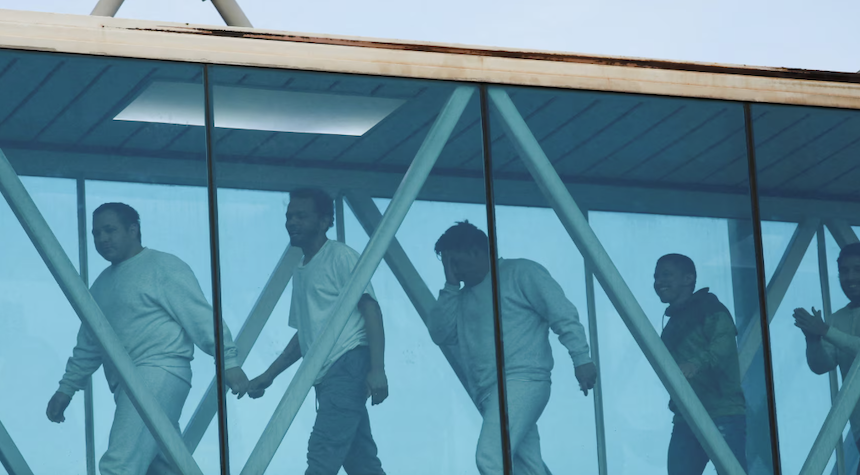The Supreme Court has issued a significant ruling today that affects the timeline for illegal immigrants to challenge deportation orders.
In a 5-4 decision, the nation’s highest court has determined that the 30-day window for appealing deportation orders begins when the Department of Homeland Security issues its final administrative review. This ruling overturns a previous interpretation that the clock started after the Board of Immigration Appeals proceedings concluded.
The case in question involves Pierre Riley, a Jamaican citizen whose petition for review was deemed too late by the U.S. Court of Appeals for the 4th Circuit. The Supreme Court has now vacated that decision.

Justice Samuel Alito, writing for the majority, emphasized that the law sets a clear 30-day window for appeals against a “final order of removal.” The court’s interpretation hinges on the initial deportation decision by immigration courts, not subsequent discussions about the country of deportation.
This ruling effectively narrows the timeframe in which illegal immigrants can challenge their deportation through federal appeals courts. This decision may have far-reaching implications for future immigration cases and the processes by which deportation orders are contested.
Supporters of the ruling argue it streamlines the deportation process, while critics contend it may limit due process for immigrants facing removal.
In conclusion, as this story continues to develop, questions remain about how this decision will be implemented and its impact on pending cases.

